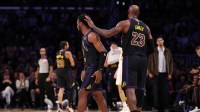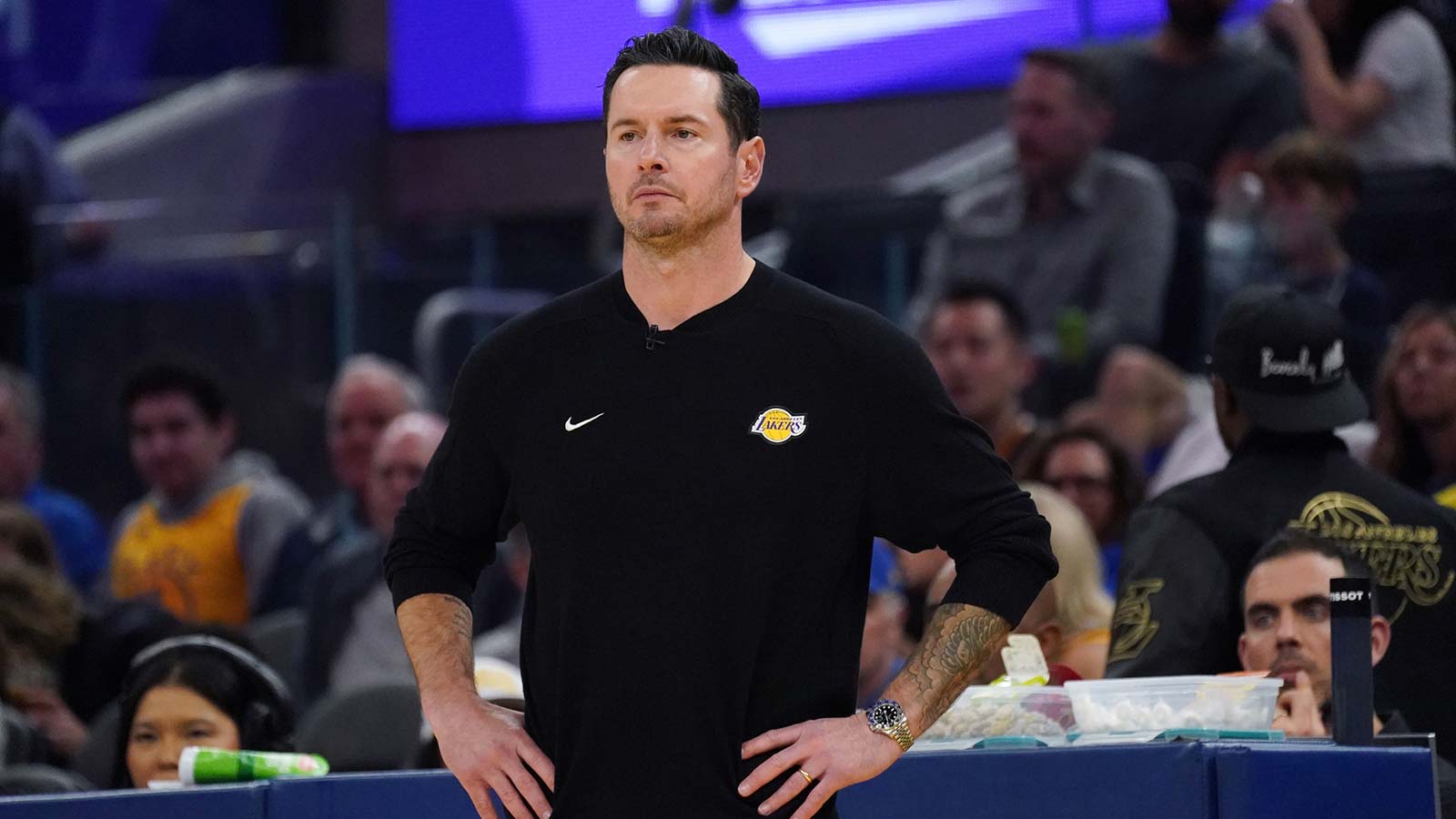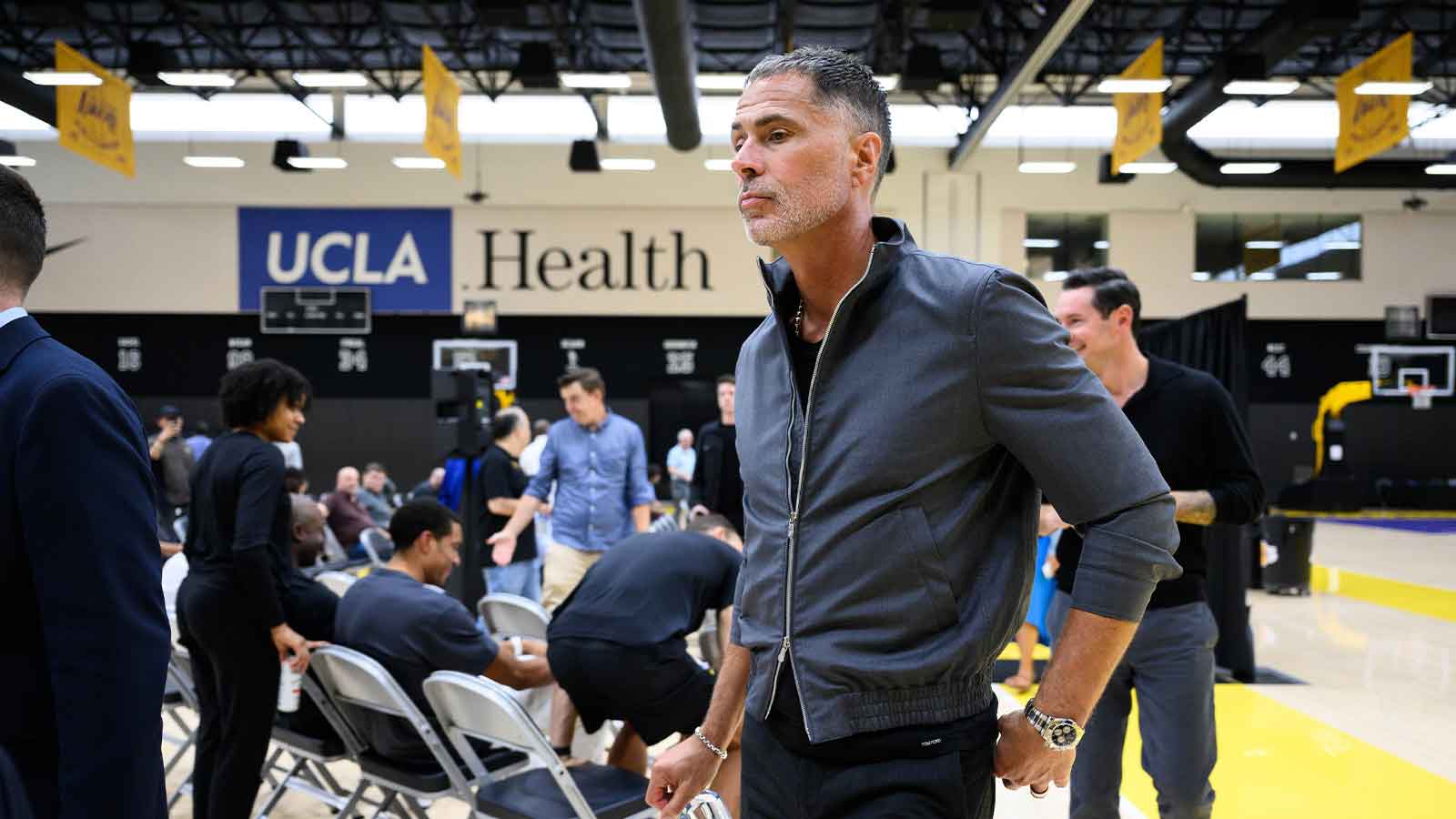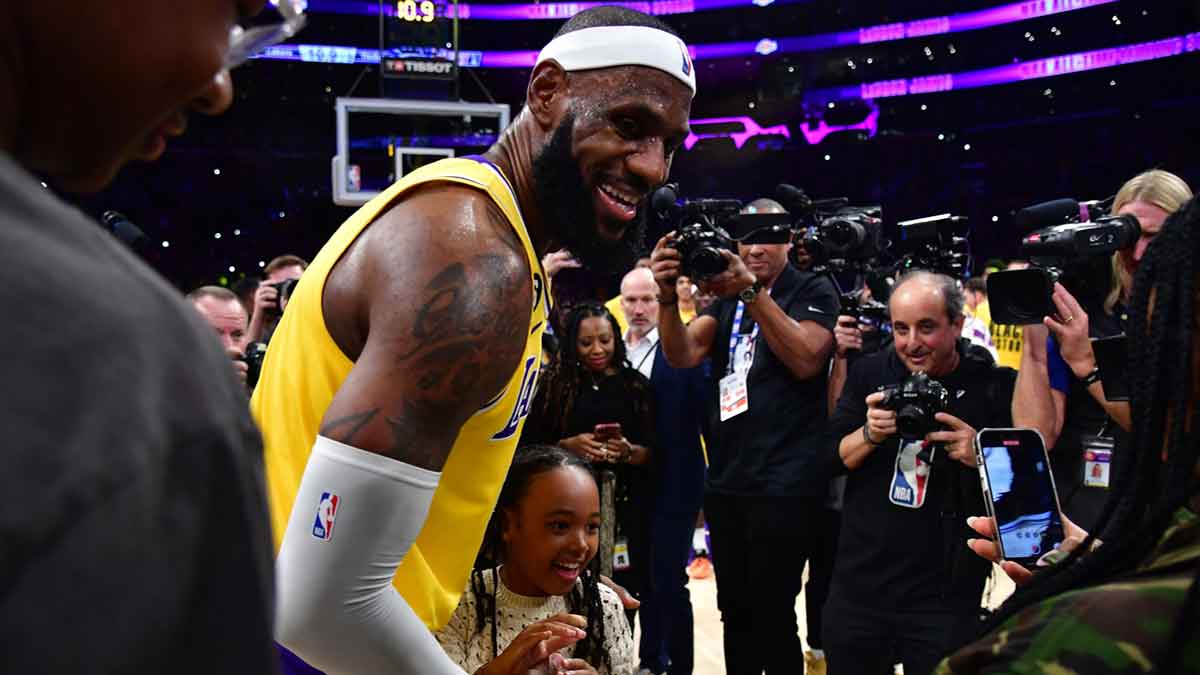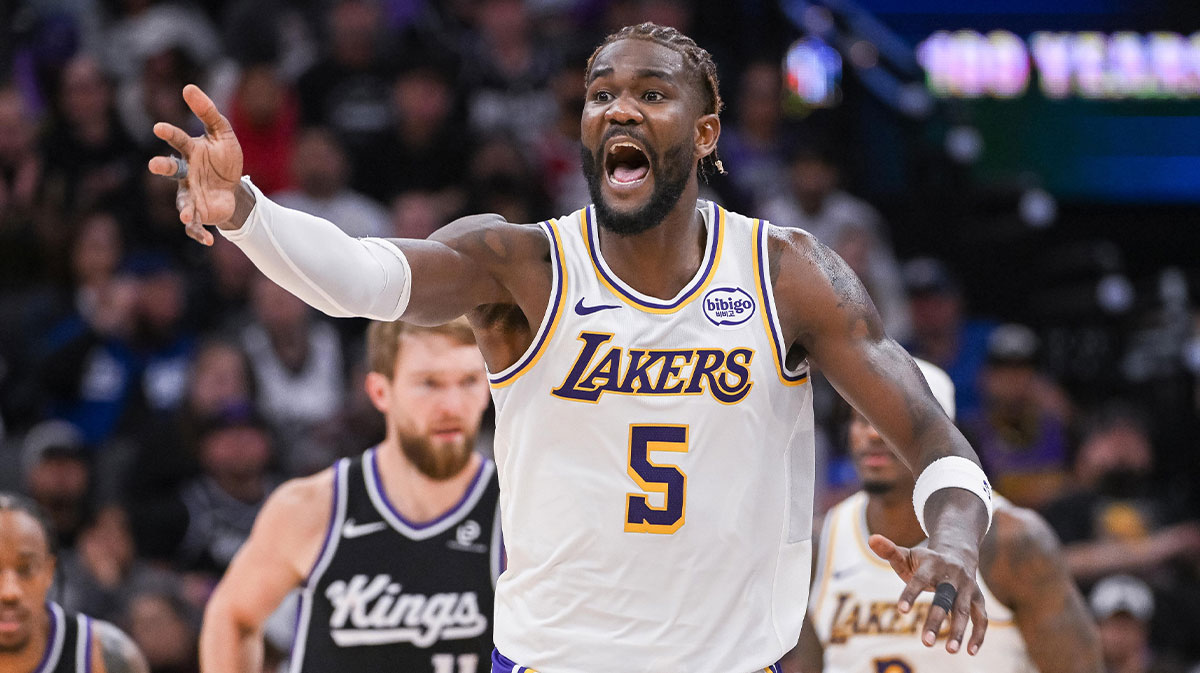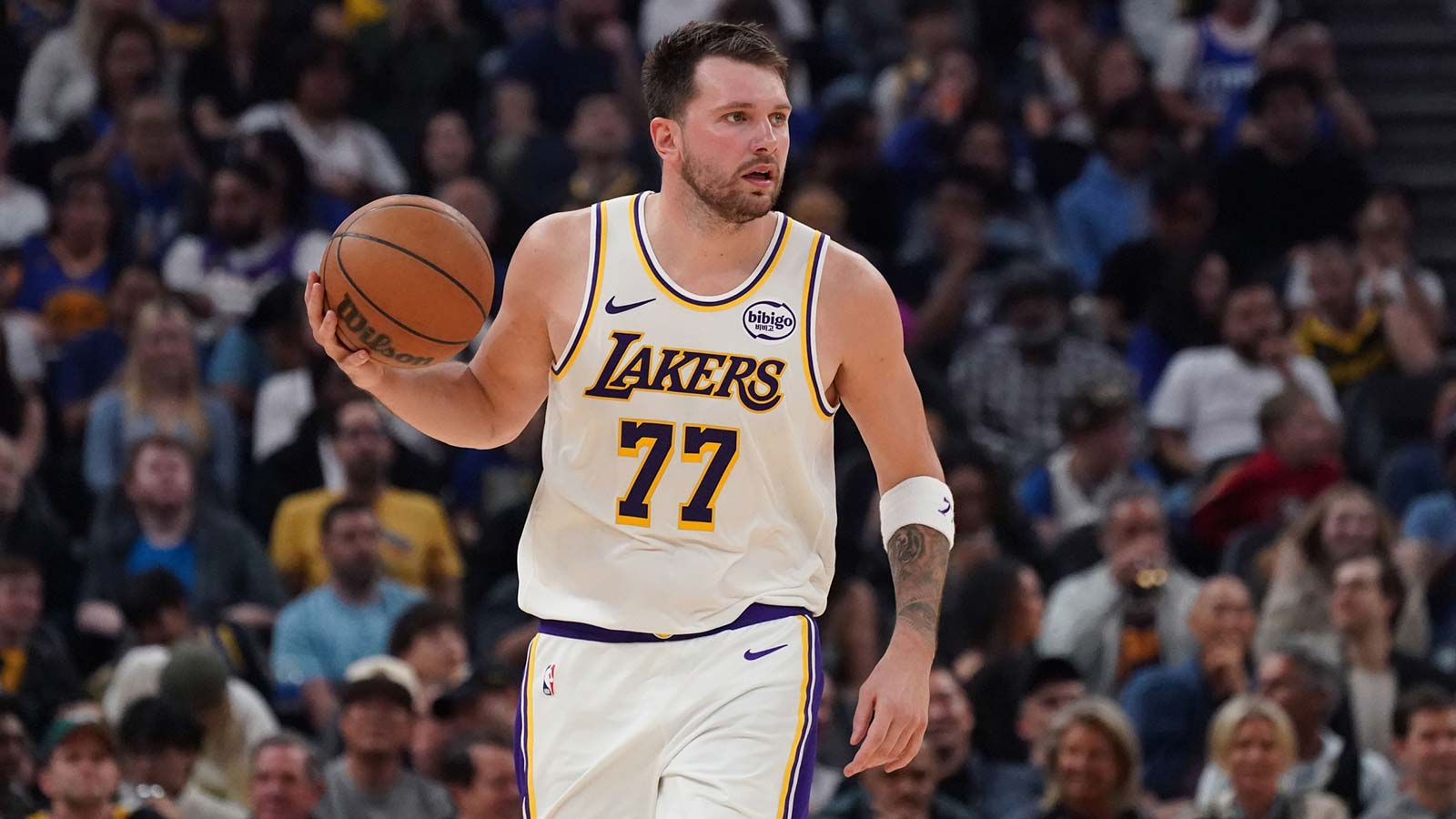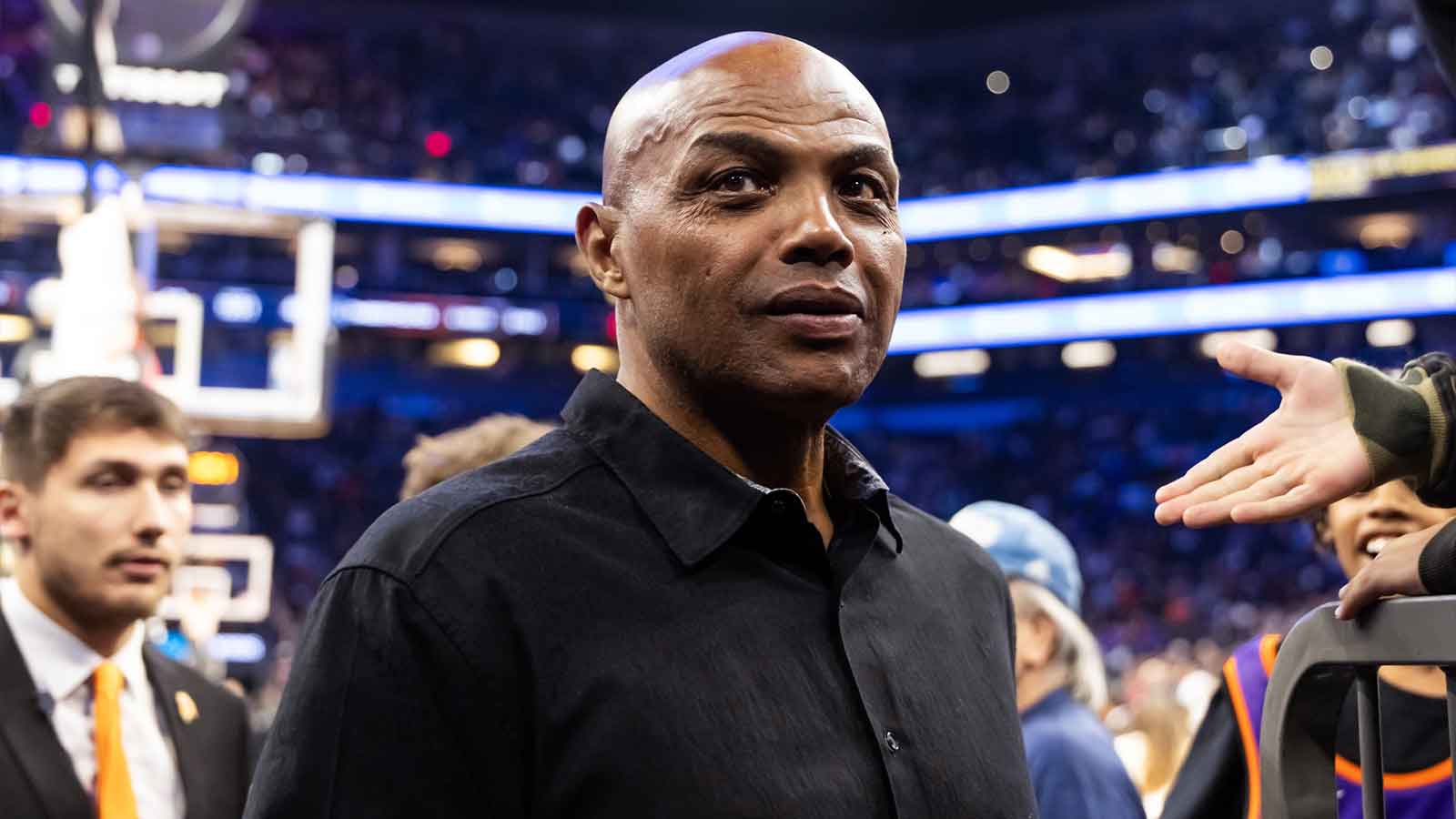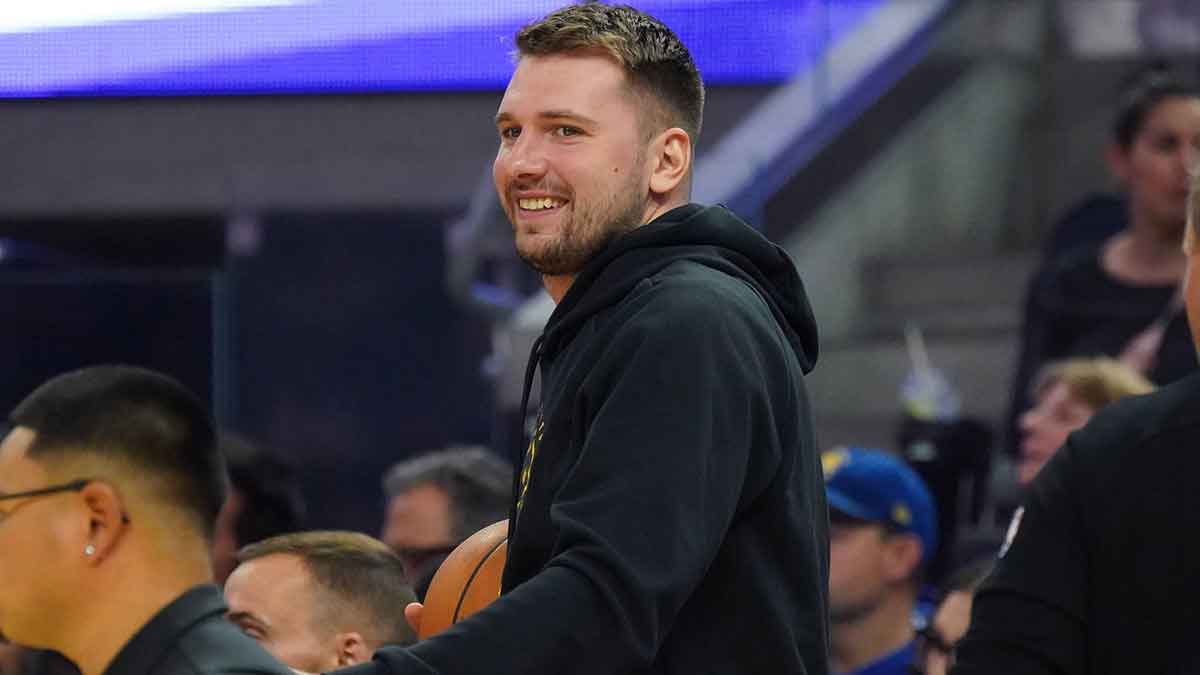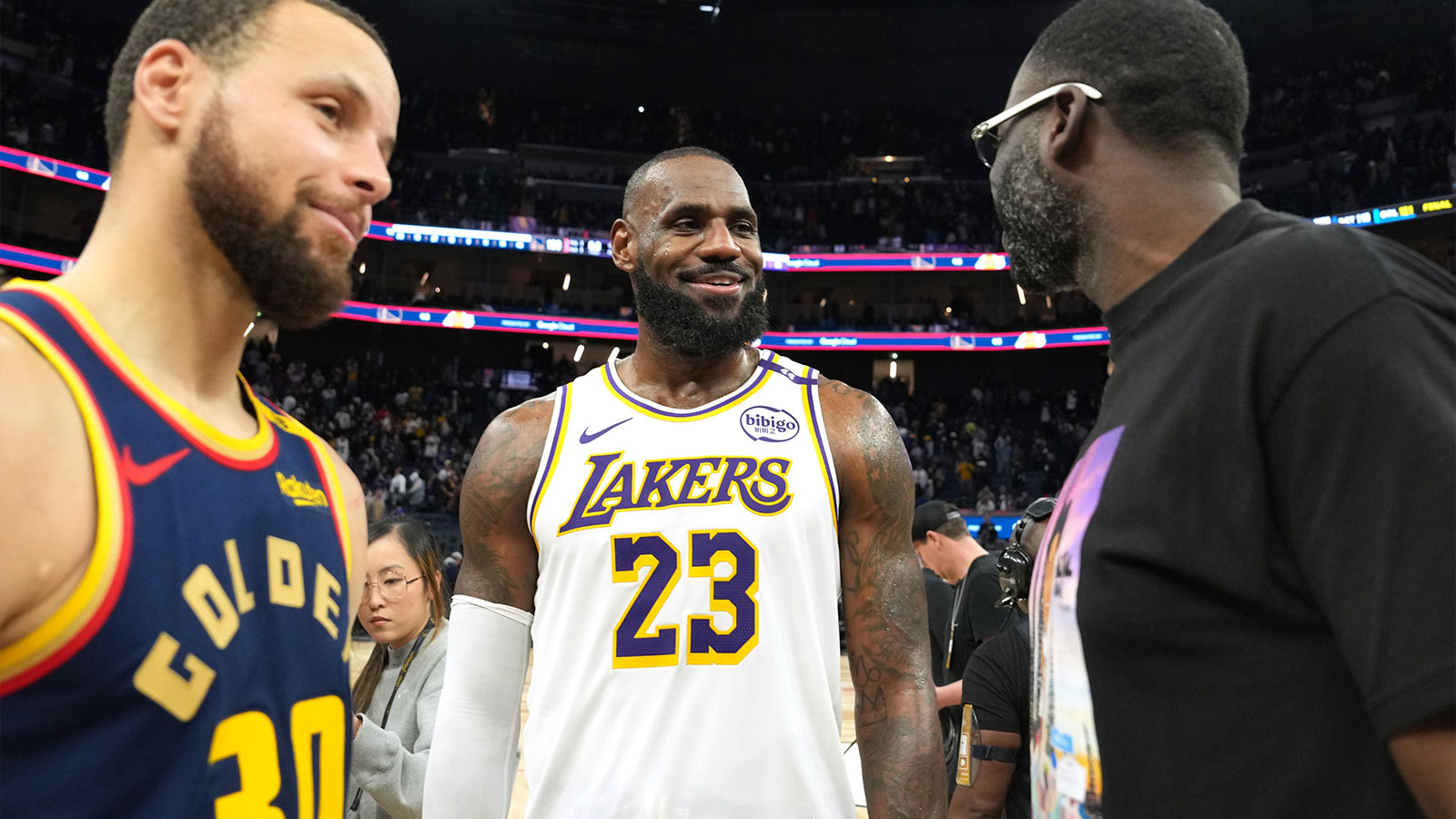After 10 days off for the All-Star break — besides the Very On LeBron James — the “second half” of the Los Angeles Lakers season tips off on Friday.
The Lakers will begin their 24-game remaining schedule with a “home” matchup vs. the Los Angeles Clippers, whom the Lakers (27-31) trail by 1.5 games for the No. 8 seed.
That game, of course, will be played without Anthony Davis. AD landed on Rudy Gobert's foot in the final game before the break. He was diagnosed with a mid-foot sprain and will be re-evaluated in four weeks.
The Utah clash encapsulated the Lakers' tumultuous first half: The same night they pull off a promising win, they suffer a back-breaking injury to a key player.
Since training camp, Los Angeles has talked unceasingly about “figuring it out”. 58 games later, they've answered few questions and solved fewer problems Their only life raft? They sit firmly in the play-in zone, 4.5 games up on the No. 11-seed.
Here are five major questions facing Los Angeles heading into the homestretch.
https://open.spotify.com/episode/5haUg4gyrNR2NttN7AHSif?si=a725568cad27455d
5) When will Anthony Davis return, if at all?
Obviously, this is more important than anything else.
If AD is re-evaluated exactly four weeks after his MRI, that means we'll get an update around March 17. 13 games remain after that date. The Lakers “hope” Davis can return before the end of the regular season, which is about six weeks away. Ideally, AD would get back in time to ramp up his conditioning before the play-in.
The Lakers cannot win a playoff series without Davis. Everything else is moot if he can't return this season.
4) Can the Lakers get any stops without AD?
Improbably, the Lakers had risen to ninth in defensive rating when Davis sprained his MCL on Dec. 17. Over the 17 games he missed, they ranked 27th.
Los Angeles' small-ball lineups have proven to be effective offensively, even with a shaky, inconsistent scheme. But they're at their best when they get out and run, which requires stops and rebounds — two areas of weakness for those small lineups.
Dwight Howard can only play short spurts in certain matchups. DeAndre Jordan cannot play.
It's hard to see the Lakers, against a top-3 hardest schedule, playing .500 ball without their defensive fulcrum manning the middle — barring an extended Herculean stretch of two-way commitment from LeBron (which I am not expecting).
Los Angeles competed adequately on defense vs. the Golden State Warriors and Jazz out of sheer hard work, focus, and physicality (Talen Horton-Tucker had four blocks vs. Utah). Those are not words that have been associated with the 2021-22 Lakers. Carrying those good habits forward is the first step to survival sans AD.
3) Will LeBron James hold up?
Last week, James said only rest will fully heal the “soreness/effusion” in his left knee — a “luxury” he knows he doesn't have.
LeBron was already shouldering a massive load before his knee gave out on Jan. 27, causing him to miss six games. He continues to play incredible basketball, and the All-Star break could offer a much-needed reprieve.
Without AD, the burden on the 37-year old isn't going to ease. He's going to be playing 35-37 minutes per night and depended upon to play center, lead the team in scoring, conduct all the action on both ends, and be the closer. That's all.
Can he do it? Sure. But, if things start to go south fast and/or LeBron knows AD may be out for the season, you wonder — even if the Lakers remain in the play-in territory — if LeBron starts … prioritizing his future.
2) Can Russell Westbrook be the second option?
The answer to this question will be partially determined by Westbrook's relationship with Frank Vogel. Things have gotten tense in recent weeks, but cooler heads will prevail if Russ plays well.
Westbrook emerged from a month-long slump with two solid outings against Golden State and Utah. He screened, cut, attacked with purpose, and embraced shifts in the dunker spot.
Ironically, this is the role Lakers fans have wanted Russ to play all season, yet, with AD's injury, he may have to abandon it as soon as it started working. Regardless, he's going to have to be a reliable second scorer sans Davis.
One disappointment of Russ' season (among many) has been his and the Lakers' ineffectiveness in lineups when he's the solo star and lead option. Russ was acquired to help spell LeBron and/or AD when necessary. That hasn't panned out, except for two performances, in Charlotte and San Antonio.
Russ looked lost in January when he was thrust into the second-option role as AD dealt with an MCL sprain. These next 24 games will offer a prime opportunity for Russ to find his mojo, as he did down the stretch with the Washington Wizards in 2020-21.
After all, these might be his final games with the Lakers.
1) Will the Lakers make a buyout addition, and will he make any difference?
The Lakers can pitch buyout candidates on good weather and a chance to work with LeBron, but not much else. They can't sell ring-chasing. As we've already seen, rival teams with more appealing scenarios are scooping up the top names on the market.
There's no person whom the Lakers could feasibly add that would magically make them title contenders. Of the remaining candidates, I only see two — Gary Harris, and Eric Bledsoe — who could potentially make a dent.
Considering the Lakers told reporters (and LeBron) that their plan to compensate for deadline inactivity was to make upgrades via buyout, the attention paid to whom the Lakers end up with — if anybody — will be of outsized intrigue.
Frankly, this is probably an overrated topic, at least in terms of on-court impact. On the other hand, the Lakers' botched buyout signing of last season (Andre Drummond) ended up being a critical starter, source of locker room tension, and one of the defining stories of the season. So, you never know.







